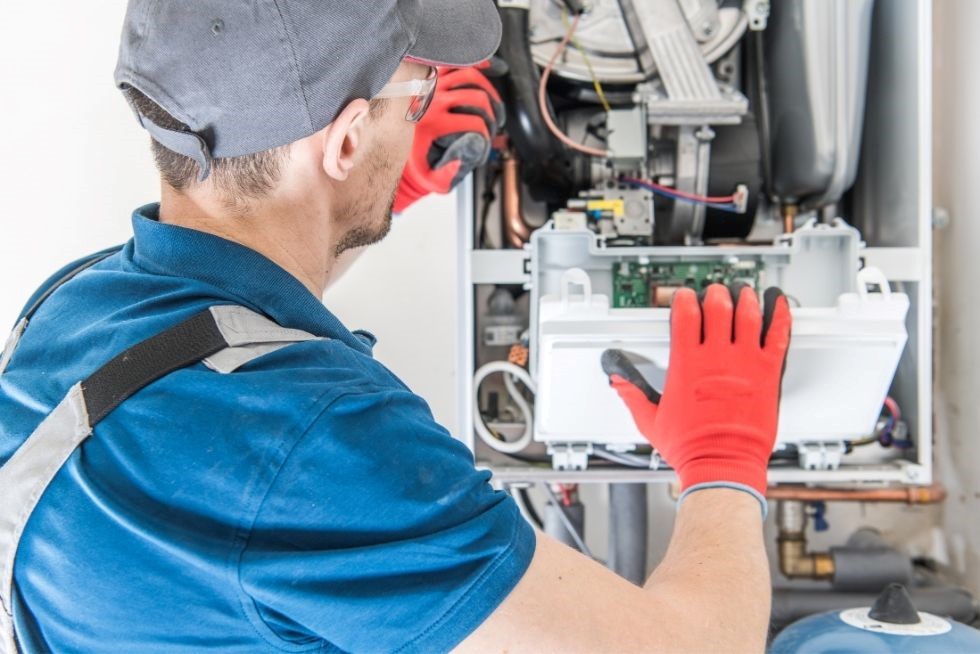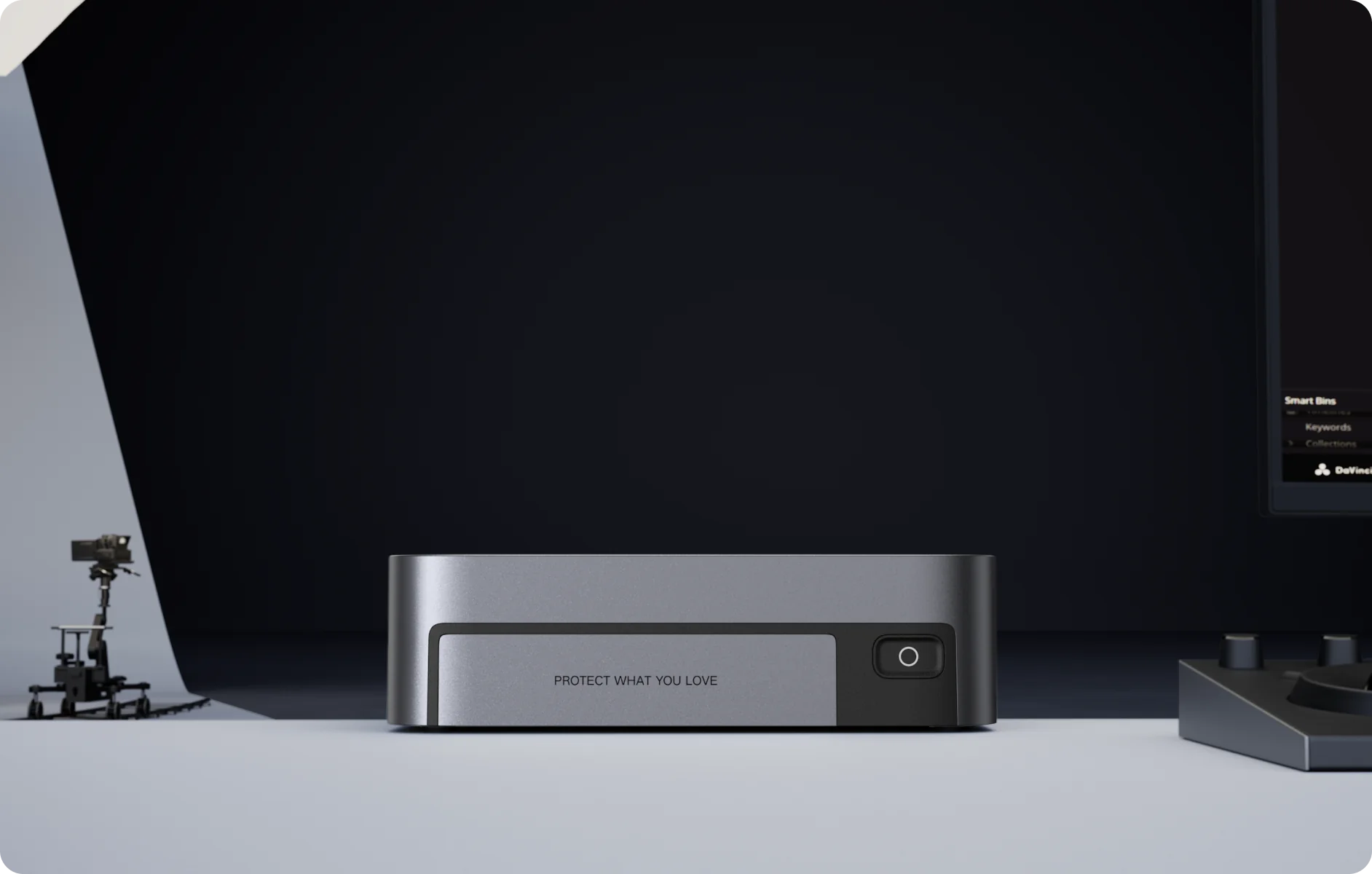Ever had your heater fail when you needed it most?It’s always at the worst time, right?The dead of winter.You’re shivering, frustrated, and thinking, “Why now?”
But here’s the kicker: most heating breakdowns don’t happen out of nowhere.They start small—strange noises, inconsistent heat, rising energy bills—and grow into big problems.
That’s where skilled HVAC technicians come in.They’re like the detectives of the heating world.They don’t just fix problems—they find the root cause, so you’re not dealing with the same issue again next year.Let’s talk about how they do it.
Table of Contents
The Role of HVAC Technicians in Heating Repair
Heating repair isn’t just about swapping out parts.It’s about understanding the system, diagnosing the problem, and implementing long-term solutions.
Here’s why HVAC technicians are essential:
- They know what to look for. Most heating issues have subtle signs that only a trained eye can catch.
- They prevent bigger problems. A quick repair today can save you from a system failure tomorrow.
- They save you money. An efficient system costs less to run, and proper repairs extend its lifespan.
Common Heating Problems (And How HVAC Technicians Solve Them)
Heating systems are complex.When something goes wrong, it could be one of a dozen things.
Here are the most common issues—and how a skilled HVAC technician tackles them.
1. Uneven Heating
One room feels like a sauna, while another feels like an icebox.
Sound familiar?
This could mean:
- Blocked vents.
- Faulty thermostats.
- Problems with ductwork.
Solution:
An HVAC technician will inspect your system, clear any blockages, and ensure your ducts are sealed and distributing heat evenly.
2. Pilot Light or Ignition Problems
No pilot light? Your furnace isn’t starting.
Or maybe the ignition keeps failing.
This could point to:
- A broken thermocouple.
- A faulty ignition sensor.
- Gas supply issues.
Solution:
Technicians handle these with care—they clean, adjust, or replace the faulty components.
3. Strange Noises
Clanking, banging, or squealing sounds are never good.
Possible causes:
- Loose or damaged parts.
- Worn-out belts or motors.
- Airflow obstructions.
Solution:
HVAC technicians inspect moving parts, tighten connections, and replace anything worn out.
4. Rising Energy Bills
If your bill spikes without explanation, your system might be overworking.
Why?
- Dirty filters.
- Leaky ducts.
- Inefficient components.
Solution:
A technician will optimize your system’s performance—cleaning, sealing, and repairing as needed.
5. Complete System Failure
The nightmare scenario: no heat at all.
Common culprits:
- Blown fuses.
- Faulty wiring.
- Overworked motors.
Solution:
A pro diagnoses the issue, replaces the faulty parts, and gets your system running again.
The Diagnosis Process: How HVAC Technicians Work
Here’s what happens when you call an HVAC technician for heating repair:
1. Initial Inspection
They’ll start by asking questions:
- What’s the problem?
- When did it start?
- Have you noticed anything unusual?
Then, they’ll examine your system, looking for visible issues or signs of wear.
2. System Testing
Next, they’ll test the system:
- Is the thermostat working correctly?
- Are there airflow issues?
- Does the system power on and off as it should?
3. Root Cause Diagnosis
This is where their expertise shines.
They’ll identify the exact cause of the problem, not just the symptoms.
For example:
If your furnace isn’t heating, they won’t just fix the blower motor—they’ll check for underlying issues like dirty filters or blocked vents.
4. Repair and Recommendations
Finally, they’ll:
- Explain the problem in simple terms.
- Offer repair options with clear pricing.
- Recommend steps to prevent future issues.
Why Regular Maintenance Beats Emergency Repairs
Here’s the thing: heating systems don’t fail randomly.
They fail because of neglect.
Regular maintenance isn’t a luxury—it’s a necessity.
The Benefits of Regular Maintenance
- Catch problems early. Small issues don’t have time to become expensive repairs.
- Save on energy costs. A well-maintained system runs efficiently, saving you money.
- Extend the lifespan of your system. Proper care can add years to your heater’s life.
DIY vs. Professional Heating Repair
You might be tempted to tackle heating issues yourself.
And for some things—like changing a filter—that’s fine.
But here’s what you shouldn’t mess with:
- Gas or electrical components.
- Ductwork or airflow issues.
- Anything involving your furnace’s motor or ignition system.
Why?
Because mistakes can cost you more in the long run—or worse, they can be dangerous.
Trust the pros.
It’s what they’re trained for.
FAQs About Heating Repair
Q: How do I know if my heating system needs repair?
A: Look for signs like uneven heating, strange noises, rising energy bills, or a system that won’t turn on.
Q: How often should I schedule maintenance?
A: Once a year is ideal. Before winter hits is the best time.
Q: Can I fix heating problems myself?
A: You can handle basics like filter changes, but leave complex repairs to the pros.
Q: What’s the average cost of heating repair?
A: It varies. Minor repairs might be $100-$300, while major fixes can cost $1,000 or more.
Q: When should I replace my heating system?
A: If it’s over 15 years old and needs frequent repairs, replacement is a smart move.
Final Thoughts
Heating repair isn’t just about fixing what’s broken.It’s about keeping your home safe, comfortable, and efficient.
And skilled HVAC technicians?
They’re the heroes who make it happen.
So whether you’re dealing with uneven heating, strange noises, or a system that’s just not working, don’t wait.
Call a professional, get the problem fixed, and enjoy a warm, worry-free winter.
Because when it comes to your home’s comfort, cutting corners isn’t an option.



